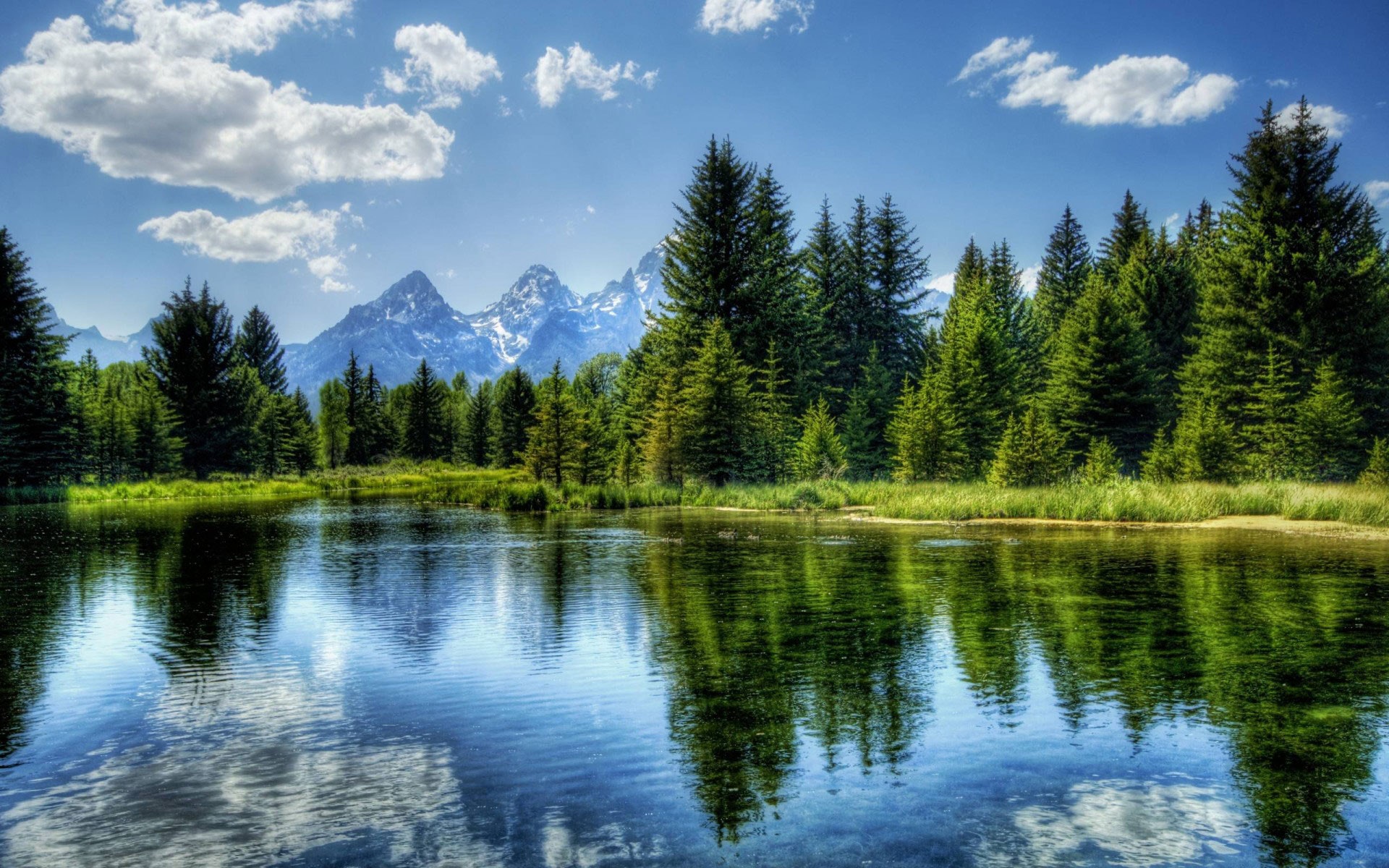
WWF publishes its new Living Planet Report
The World Wildlife Fund (WWF) recently published its Living Planet Report for 2020. The report finds a 68% decline in population of birds, amphibians, mammals, fish and reptiles since 1970.
Biodiversity, the WWF says, is declining at an alarming rate across the world. And if we do not change our habits, there will be consequences on our own health and well-being.
Analysing the health of the planet using the Living Planet Index
Published every two years by the WWF since 1998, the Living Planet Report is the world’s leading, science-based analysis of our planet’s health and the impacts of human activity.
The findings are based on the Living Planet Index (LPI), which tracks the “abundance of almost 21000 populations of mammals, birds, fish, reptiles and amphibians around the world”.
Using the data from 20,811 populations from 4,392 species, the 2020 global LPI shows an average 68% decline in monitored populations between 1970 and 2016 (range: -73% to -62%)”[i].

The Living Planet report “highlights that a deep cultural and systemic shift is urgently needed, […] to transition to a society and economic system that values nature, stops taking it for granted and recognises that we depend on nature more than nature depends on us.”
Urgent need to transition to a society that values nature
The primary driver of biodiversity loss in a terrestrial systems, the report says, is the “conversion of primarily pristine native habitats into agricultural systems”.
Marco Lambertini, Director General of WWF International, says that the way in which we “produce and consume food and energy, and the blatant disregard for the environment entrenched in our current economic model, has pushed the natural world to its limits. The Covid19 pandemic only underlines the deep interconnection between nature and human health. It also demonstrates how unprecedented biodiversity loss threatens then health of both people and planet.” The Living Planet report “highlights that a deep cultural and systemic shift is urgently needed, […] to transition to a society and economic system that values nature, stops taking it for granted and recognises that we depend on nature more than nature depends on us.” [ii]
An independent conservation organisation
As a reminder, WWF is one of the world’s largest independent conservation organisations. Its mission is to stop the degradation of the planet’s natural environment and to build a future in which humans live in harmony with nature. This can be achieved by conserving biological diversity, ensuring that the use of renewable natural resources is sustainable and promoting the reduction of pollution and wasteful consumption. This publication is the WWF’s thirteenth edition of the Living Planet report.
You can download the full report here : https://www.worldwildlife.org/publications/living-planet-report-2020
[i] Summary Living Planet Report 2020, p. 12 : https://f.hubspotusercontent20.net/hubfs/4783129/LPR/PDFs/ENGLISH-SUMMARY.pdf
[ii] Summary Living Planet Report 2020, p. 3 : https://f.hubspotusercontent20.net/hubfs/4783129/LPR/PDFs/ENGLISH-SUMMARY.pdf